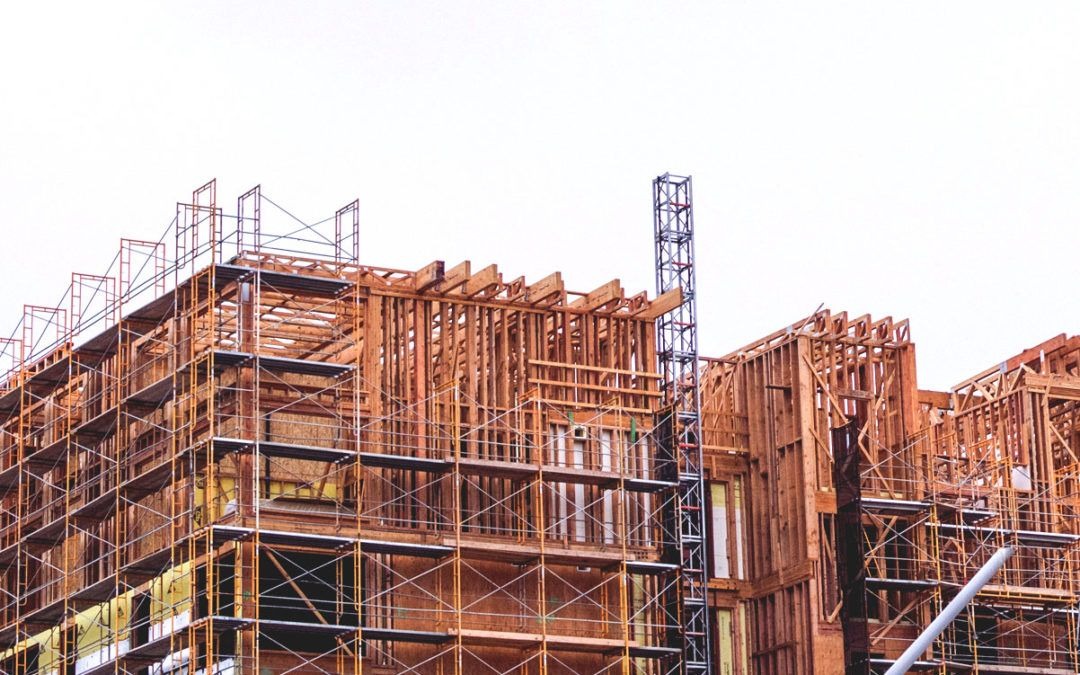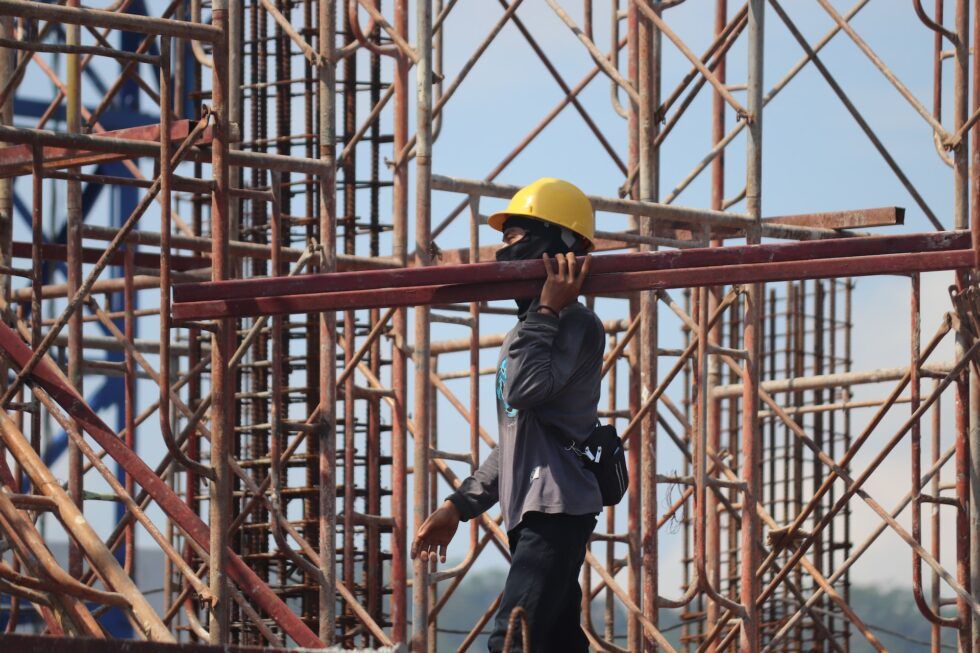

Delays on a construction project can be detrimental to the success of the project, therefore it is important to pre-empt these delays and implement measures to reduce their impact or mitigate them entirely. A construction delay is defined as any additional time that is incurred, extending the project completion date beyond what the stakeholders had planned.
A construction project’s efficiency is determined by the successful completion of the project at the time that was initially indicated. However, projects are at the mercy of numerous variables and unpredictable factors. Hence, delays in a project reflect badly on the efficiency of the project, and all stakeholders involved. It is therefore important to be aware of the most common reasons for project delays and how to avoid them.
The scope of work for a construction project defines the work that needs to be undertaken and delivered, to whom the work is assigned, and what the end result should be. The scope of work is the key component in linking time, cost and quality of the project. The project’s scope of work, therefore, impacts the project plans, budget, schedule, material and quality control.
Scope creep is an ongoing issue impacting all construction projects and refers to continuous, uncontrolled changes to a project’s scope. Scope creep occurs when the scope of a project is not defined, documented, or controlled and can be detrimental to the success of the project if not managed accordingly.
Developing and implementing a robust change management process during the pre-construction stage of a project is important to manage scope creep. Any change to the project’s scope should be via this change management process, where they are requested, then approved or rejected based on the project goals and timelines.
Planning is an important aspect of any project, and construction is no different. Adequate planning is a vital component in ensuring that a project is completed on time and within budget. Planning, in this case, refers to the identification of the tasks that need to be completed to achieve the intended outcome in the quickest time frame and at the lowest cost.
Inadequate planning can lead to significant project delays, extra costs and a decline in the quality of work. To avoid delays from poor project planning and scheduling, the project planning team should be well-versed in the type of construction project that is underway, as well as the phases and processes that are required.
Identifying potential risks imposed on the project at the outset, and putting measures in place to mitigate or reduce the impact of these risks, is an invaluable part of the project process. Not only does this reduce cost overrun and help keep the project budget on track, but it is also a significant time saver.
Construction projects are subject to various risks, and delays are often due to risks that are financial, safety-related, environmental, governmental or personnel based. These risks not only cause major time delays but also impacts the profitability and success of the entire project.
A risk management process should be put in place at the outset of a project to identify all potential risks, prioritise these risks, and then determine how each risk will be managed. If this is implemented correctly, there will be fewer surprises as the project progresses.
Delays caused by external factors are perhaps the most difficult to predict and mitigate. These delays are often due to a shortage of resources. In other words, a lack of specified materials, price fluctuations making purchasing more difficult, and labour disputes. A shortage of resources can lead to project slowdown or even a standstill, which can extend the completion date by weeks or even months.
A shortage of resources cannot always be predicted, but at the outset, it is a good idea to try and factor in a budget and time cushion for such incidents. It is also important to double or triple-check with suppliers before the project commences on-site, to confirm the price and availability of resources.
A breakdown in communication between the project stakeholders can greatly impact the functioning of the project, thus, it is the project manager’s responsibility to ensure that all stakeholders are aligned and that information is flowing adequately.
Regular team meetings and project reporting are crucial solutions in ensuring that the project’s overarching goals and actions are communicated to all stakeholders and that they are kept aligned throughout the project lifecycle.
Poor implementation of a communication management system can impact the completion of a project, hence it is important for all stakeholders to communicate effectively.
Construction project management consultancies are experts in managing the project plan, identifying potential project risks, ensuring that the scope of work remains controlled, and aligning the project stakeholders. Working with a project and cost management consultancy like AliTalha can help prevent these delays that can easily derail a project. We pride ourselves on our vast array of skills, experience and industry-wide knowledge to deliver on various projects.
Our aim is to ensure that your project is completed within the agreed timeframe and within budget. At AliTalha, we work collaboratively and strategically with our clients and project team members to foster strong inter-team relationships with an aligned vision for project success.

Driving Success in Construction: A Look at Leadership’s Role. Unveiling how effective leadership is the key to overcoming challenges and achieving project goals in the construction industry.
©Ali Talha Consultant in construction projects . All rights reserved.